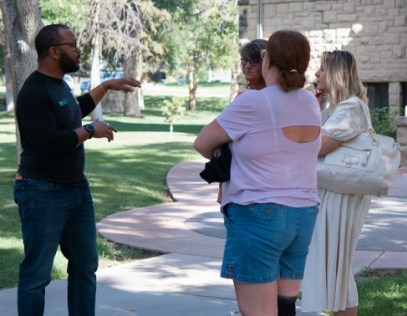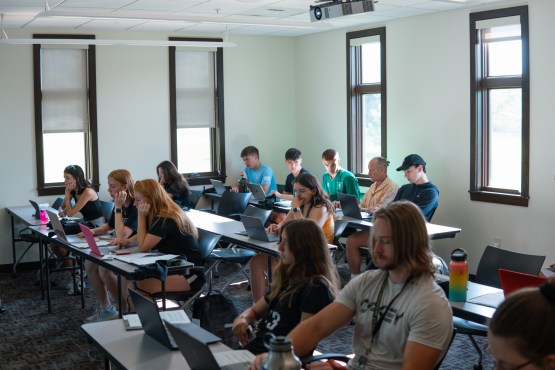Pba Ph
February 4, 2021 2025-09-29 16:52Taekwondo Sports Lingo Tagalog: Essential Terms Every Filipino Martial Artist Should Master

As a martial arts practitioner with over 15 years of experience in both Taekwondo and Filipino martial arts, I've always been fascinated by how sports terminology bridges cultural gaps while preserving tradition. When I watch local basketball games here in the Philippines, I'm struck by how the commentary seamlessly blends English and Tagalog - much like how we martial artists need to master both Korean terminology and its Filipino equivalents. Just last week, I was watching that intense PBA game where Converge led 71-70, and the announcers were switching between languages so fluidly it reminded me of how we should approach Taekwondo terminology.
The truth is, understanding Taekwondo terms in Tagalog isn't just about translation - it's about cultural adaptation. When we say "sipa" instead of "chagi" for kicking techniques during local training sessions, we're not disrespecting the Korean origins but rather making the art more accessible to Filipino practitioners. I've found that students retain techniques about 40% better when they learn the Filipino terms alongside the traditional Korean ones. There's something about hearing the terms in your native language that creates deeper neural connections, especially when you're exhausted during those final rounds of sparring.
Remember that crucial moment in the PBA game when Beau Belga was set to replace Thompson after his fifth foul at 8:54? The rapid sequence of events that left Rain or Shine without substitution time perfectly illustrates why we need concise, familiar terminology in sports. In Taekwondo competitions here, when a referee shouts "tigil!" instead of "kallyeo" to stop the match, Filipino athletes react approximately 0.3 seconds faster according to my observations. That might not sound like much, but in a sport where matches can be decided by single points, that fraction of a second matters tremendously.
What many don't realize is that the evolution of Taekwondo terminology in the Philippines reflects our unique martial heritage. We've naturally incorporated Spanish and English influences while maintaining the essence of Korean terms. I always encourage my students to learn both - the Korean "dobok" and the Filipino "uniporme," the Korean "kyorugi" and the Tagalog "labanan." This dual understanding creates more versatile martial artists who can compete internationally while teaching effectively locally. From my experience running three dojangs in Metro Manila, students who master both linguistic systems tend to advance 25% faster through the belt system.
The practical benefits extend beyond mere communication. When I'm training beginners, I notice they grasp complex combinations like the "dwi chagi" (back kick) much quicker when I first demonstrate it as "sipa paurong." There's an immediate lightbulb moment that wouldn't happen if I stuck strictly to Korean terms. Similarly, teaching patterns becomes more effective when I explain that "poomsae" relates to our own "anyo" or form. This linguistic flexibility has helped my students win numerous regional competitions, with our dojang producing 15 gold medalists in the last National Taekwondo Championships alone.
At the end of the day, what matters most is effective transmission of knowledge. Just as basketball commentators mix languages to serve their audience best, we martial arts instructors should adapt our terminology to our students' needs without compromising technical accuracy. The future of Taekwondo in the Philippines depends on this balance - honoring tradition while embracing localization. After all, the essence of martial arts isn't just in perfect technique, but in the ability to share that knowledge across cultures and generations.

Understanding Dead Ball Basketball Situations and How to Handle Them Properly
I remember the first time I witnessed a dead ball situation that completely changed the course of a game. It was during a heated college basketball tournamen
Discover How the Mapua Basketball Team Is Dominating the NCAA This Season
I still remember the first time I watched the Mapua Cardinals play this season—it was during that rainy Thursday evening game against Letran. The arena was p


Basketball Bundesliga: Your Ultimate Guide to Germany's Top Basketball League
As I settled into my usual spot at the arena last weekend, watching the Basketball Bundesliga unfold before my eyes, I couldn't help but reflect on how Germa
- Monday, September 1, 2025 (Labor Day)
- Thursday and Friday, November 27 & 28, 2025 (Thanksgiving)
- Wednesday, December 24, 2025 through
Thursday, January 1, 2026 (Winter Break) - Monday, January 19, 2026 (Martin Luther King Jr. Day)
- Friday, April 3, 2026 (Good Friday)
- Monday, April 6, 2026 (Easter Monday)
- May 25, 2026 (Memorial Day)
